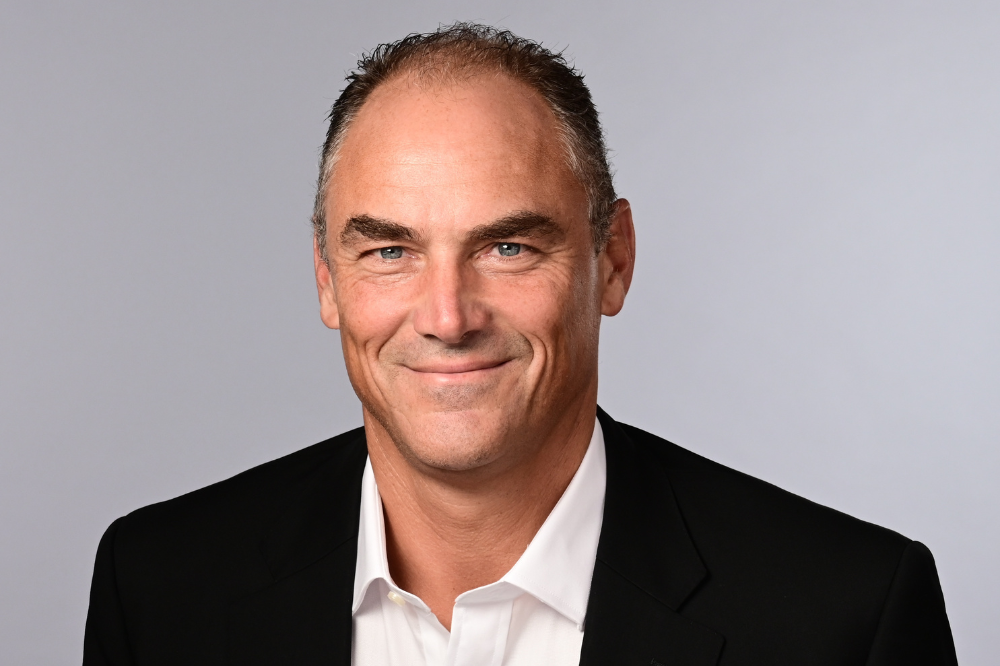A non-bank founder and director has shared his three key predictions for mortgage lending in 2023 and what they mean for borrowers, brokers and lenders.
Wave Money managing director and founder John Flavell (pictured above) said this year would bring some changes to the industry and mortgage brokers should be prepared.
Increased demand for interest-only as fixed rate loans mature
Flavell said with more than $400bn of fixed rates loans maturing over the calendar year, many households would be facing a significant drain on their cashflow as they moved from interest rates that were set at or under 2% to rates that would most likely be more like 6%.
“There will be a significant proportion of borrowers looking to move to interest-only payments in order to ease the cash flow burden and many lenders will lack the willingness to allow borrowers to move from principal and interest to interest-only payments (particularly the case for owner-occupiers),” Flavell said.
“This coupled with higher interest rates, repayment buffering on additional facilities and loan servicing hurdles limited by debt-to-income (DTI) calculations will make it increasingly difficult for these borrowers to gain much-needed cash flow relief. Brokers will look to non-bank lenders such as Wave Money in order to assist their borrowers.”
Flavell said banks were not all the same and it was drummed into Australians as children that owning a home in Australia was a good thing to do.
“Speak with a broker as early as possible in the process to build a relationship with them so they can help you navigate buying a property,” he said.
“Speaking to a mortgage broker is always a great start for somebody who is starting their new home journey. Brokers are incredibly valuable and are intimate with various government schemes in terms of grants and rebates. A broker will help a borrower navigate the complexity of matching their needs with solutions from their panel of lenders.”
No such thing as a ‘normal’ when it comes to the future of work
Flavell said demographers and employers waiting for a return to “pre-COVID-19 normal” when it came to work patterns would be waiting for a long time.
“The impact of COVID-19 had a significant impact on where, when and how we work and there is no sign of things returning to the way they were pre-pandemic,” he said.
“An increasing pool of self-employed borrowers will want to access equity in their home to accelerate the growth of their businesses. Brokers and borrowers would need lenders that understood the ‘future of work’ and have lending policies that cater for the ‘new way of working’ and lenders who are willing to assist self-employed borrowers gain access to the equity in their homes and who understand that accounting for all the income self-employed borrowers generate might need to be done in a different and efficient manner.”
Relationships and expertise debunk the ‘fintech fallacy’
Flavell said following the impact of sweeping regulatory changes and the pandemic, the digitisation of the home loan experience had understandably ramped up.
“Nevertheless, the increased use of computers to make credit decisions based on large pools of historical data has resulted in many borrowers finding it impossible to have their home loan needs met,” he said.
“The reliance on tech-based decisioning engines has taken the human knowledge, insight and nuance out of the credit decision process. Each borrower’s situation and requirements are unique, particularly self-employed borrowers.”
Flavell said brokers had the experience and expertise to navigate the complexity of the lending environment and ensure the borrower received the solution that was in their best interest.
“This is driving the record growth in the share of home loans settled through brokers (currently more than 70%) and critical to a brokers ability to deliver great outcomes to their clients is the lender partner relationship and the ability to speak to the people in the decisioning process who can deliver appropriate outcomes based on expertise and customer insight,” he said.
“Efficiency through automation, electronic lodgement, verification, electronic documents, signatures, loan settlements, electronic identification verification and valuation ordering all deliver greater speed and efficiency in the mortgage process, but they do not replace the knowledge, expertise and understanding provided by brokers and their relationships and access to their lender partners.
“Brokers should be able to pick up the phone and have a conversation with their lending specialists at any time in the process which works incredibly well and cuts out so much wasted time and energy, but most importantly it gets the right outcome.”
Wave Money launched in March 2022. Flavell said the non-bank lender was on a mission to deliver mortgage lending solutions to frustrated brokers and underserviced borrowers, by providing an efficient and quality service.
‘’The way most people look at lending, whether it be consumer or lender, they look at the product, policy and price,” he said. “We want to stand out amongst our competitors and work hard on our relationships with fellow brokers.”


